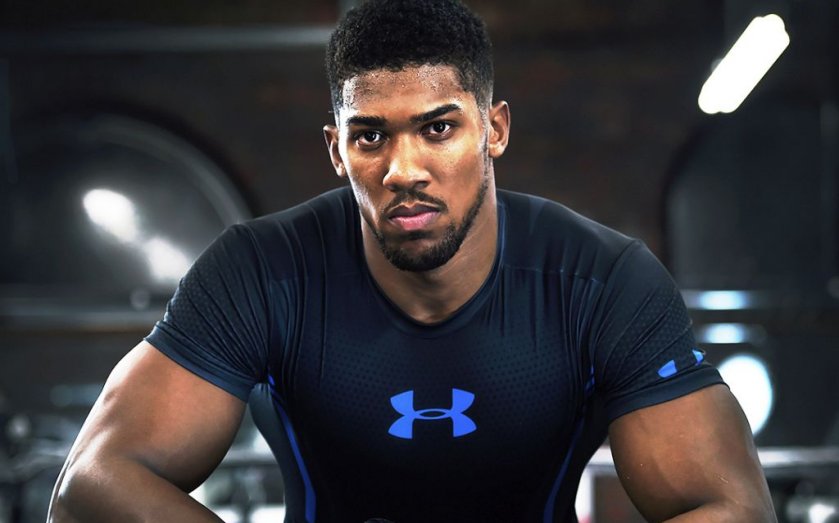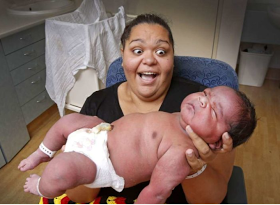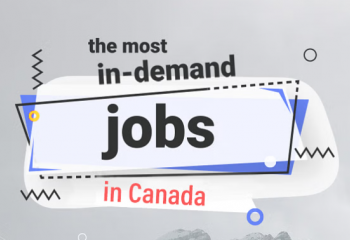After beating Wladimir Klitschko on Saturday, Anthony Oluwafemi Olaseni Joshua has been trending on social media for hours.

The historic fight, which took place at Wembly, was witnessed by 90,000 fans – the biggest fight the division had seen in years.
Who would believe that boredom was one of the reasons the pugilist took to the profession.
“I was looking at becoming a builder, learning my trade, starting my own company. But when I moved to London
with my mum and I didn’t have many friends up here, I got into boxing out of boredom,” Joshua had said in 2013.
It wasn’t just boredom, Ben Ileyemi, his cousin, succeeded in persuading him to take up the career. He had dragged Joshua
to Finchley Amateur Boxing Club back in 2007.
Many years down the line, Joshua has won many laurels, some of which include Haringey Box Cup (2009), Senior ABA title in
18th bout (2010), ABA and GB titles, silver at World Championships (2011), Olympic gold and BBC Superstars title (2012) and awarded MBE (2013) which was when he turned professional.
And of course, the real deal, knocking out Klitschko in a heavyweight fight on Saturday
night.
He felt totally lost out training as an amateur boxer at the initial stage.
With zero inspiration except for boredom, Joshua ventured into boxing, having little or
nothing to keep an eye unto.
“I was a complete novice in that gym,” Joshua said.
“But they trained me like I was an Olympic champion. In my eyes, anyway. I went through pain, hard sparring, when I was
getting beaten up. But it gave me the discipline I lacked.”
But like the old adage which states that quitters never win and winners never win, he wasn’t going to quit. Not even for a day.
“I worked harder, studied more bouts and I began to realise they weren’t hitting me as much as they used to. That’s when I started
thinking, ‘You know what, I can get good at this.”
GETTING SUSPENDED FROM BRITAIN’S BOXING SQUAD
He never had it all rosy in his career, anyway, with one of his darkest moments being when he was arrested and convicted
for possessing cannabis with intent to supply.
He was sentenced to a 12-month
community order and 100 hours’ unpaid work.
“I wasn’t getting funding so they were tough times,” he admitted.
“I was just looking for an opportunity and you’re not thinking about the consequences
when you’re younger. But I brought shame on myself and my family. It was really bad
news for a lot of people who wanted to see me progress and I could see the pain it was
putting my mum through. So I said to myself, ‘This has got to stop. I’m a proud man and to be a Joshua is a privilege.”
SETTING A 15-YEAR TARGET
Even as an amateur boxer, he had a clear definition of purpose already: “To remain great is the hard thing and that is what I
have to do for the next 15 years of my career,” he told the BBC, announcing his decision to go professional in his career.
“Deep down in my heart I always wanted to become a professional. After the games, I wondered if it was the right time.
“The Olympics has put me in a position to be great. The formula to success as a professional is a bit different to the amateurs but is still the same discipline. The
regime I have been on is one that has worked and the only thing I have to do is tweak it. I will not slack. I will only add to my
game.”
TRIP TO NIGERIA
Joshua grew up for some of his early years in Ijebu-Ode Nigeria and returned to the UK
halfway through Year Seven to join Kings Langley Secondary School.
Growing up on the Meriden Estate in Garston, Hertfordshire, Joshua was called ‘Femi’ by his friends and former teachers. He excelled at football and athletics and broke
the Year Nine 100m record with a time of 11.6 seconds.
At 11, he joined his Nigerian mother Yeta in the most populous black nation on earth for
six months and attended a boarding school within that period.
Joshua told MailOnline that he felt he went to Nigeria on holiday.
“I thought I was going there (Nigeria) on holiday,” said the 27-year-old who also has an Irish-Nigerian father, Robert.
“I wasn’t prepared for it. It was a boarding school as well. It was a change and I thought I was going to go for the full course: 5.30am in the morning, up fetch your water, put like an iron in your water to
warm it up. Your clothes had to be washed and ironed.
“It wasn’t an issue but I wasn’t prepared. It was a good discipline. We got beaten. That’s
my culture: beating. The government raises your kids now; parents aren’t allowed to
raise their kids, because there is so much control about what you do or what you say.




















